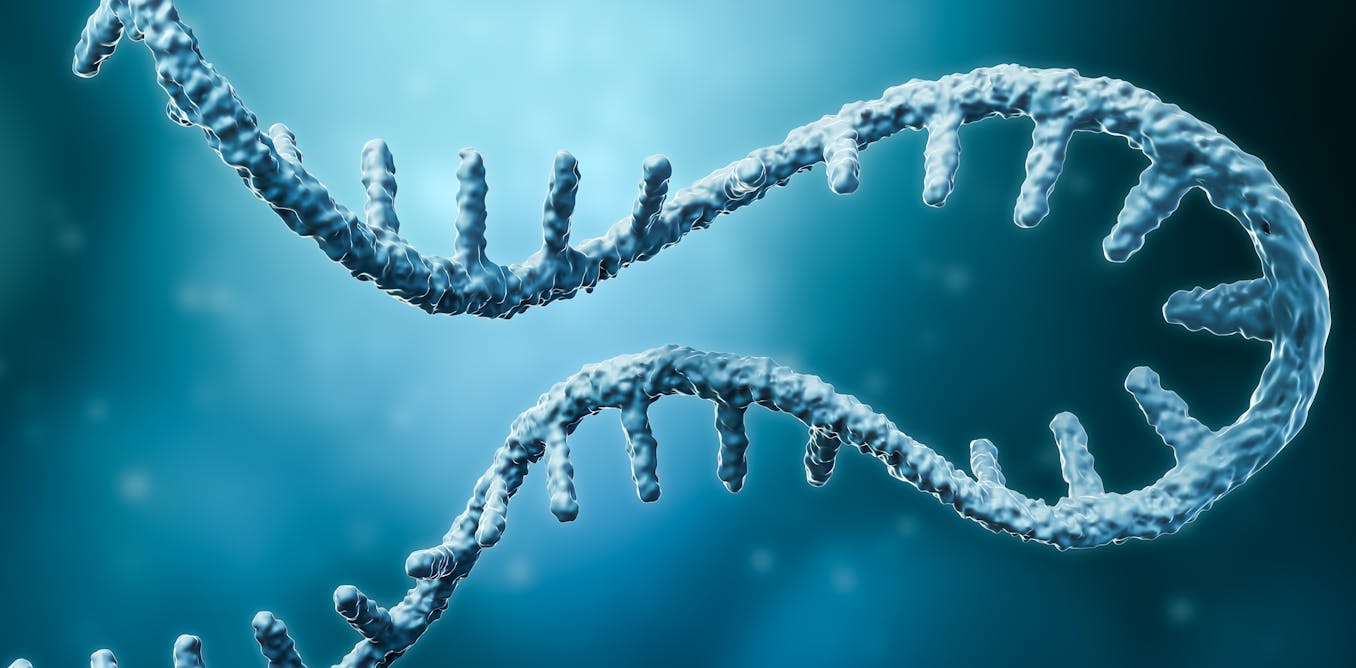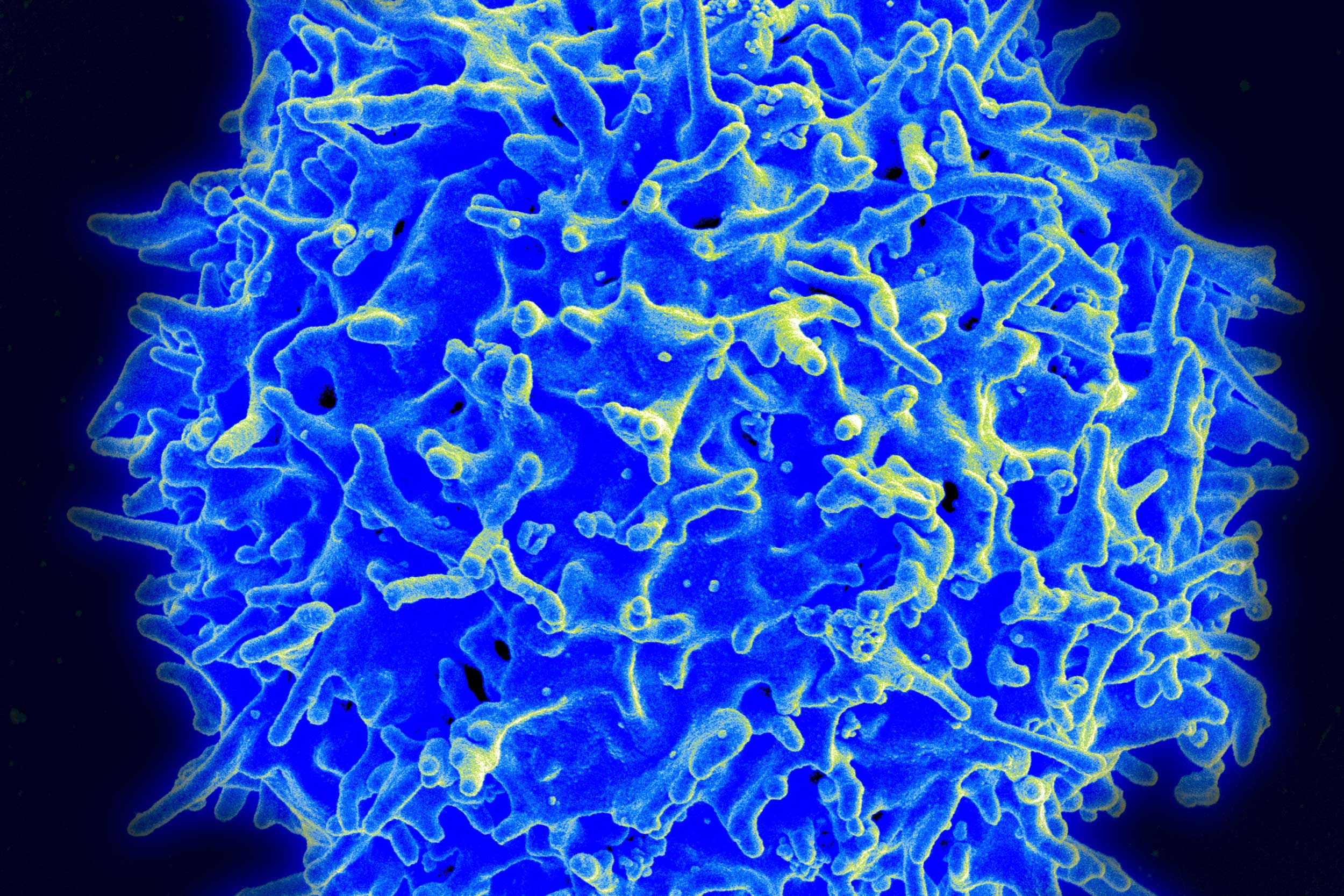How mRNA and DNA vaccines could soon treat cancers, HIV, autoimmune disorders and genetic diseases
DNA and mRNA vaccines produce a different kind of immune response than traditional vaccines, allowing researchers to tackle some previously unsolvable problems in medicine.
Deborah Fuller, Professor of Microbiology, School of Medicine, University of Washington •
conversation
Jan. 24, 2022 • ~9 min
Jan. 24, 2022 • ~9 min
Why addressing racism against Black women in health care is key to ending the US HIV epidemic
Black American women have disproportionate HIV infection rates – in part because of systemic and structural racism in the health care system.
Nabila El-Bassel, Professor of Social Work, Director of Social Intervention Group, Columbia University •
conversation
Dec. 6, 2021 • ~11 min
Dec. 6, 2021 • ~11 min
Why COVID-19 must be included in safer sex messaging on college campuses
Schools have not adequately educated students about the increased risks of virus transmission when it comes to being sexually intimate.
Michele R. Cooley-Strickland, Project Scientist and Clinical Psychologist, Department of Psychiatry and Biobehavioral Sciences, UCLA School of Medicine •
conversation
Dec. 2, 2021 • ~9 min
Dec. 2, 2021 • ~9 min
Use of HIV prevention treatments is very low among Southern Black gay men
This finding suggests public health efforts will have to address the treatment barriers these men face – like poverty or homophobia – to meet the nation’s goal of ending the HIV epidemic by 2030.
Xiaoming Li, Professor of Health Promotion, Education and Behavior, University of South Carolina •
conversation
Dec. 2, 2021 • ~5 min
Dec. 2, 2021 • ~5 min
/
10









